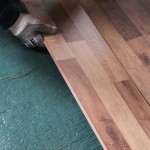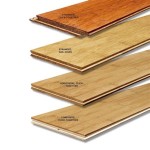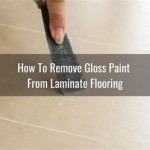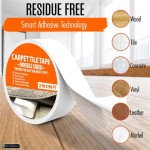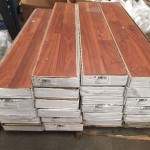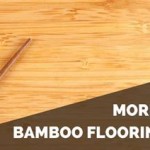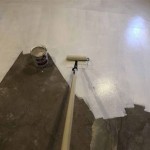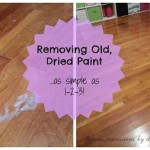The Pros and Cons of Vinyl Plank Floating Flooring
Vinyl plank flooring has become increasingly popular due to its durability, affordability, and ease of installation. It mimics the look of hardwood planks, but it is made of durable materials that can withstand heavy foot traffic and spills. However, there are both pros and cons to consider before deciding if vinyl plank floating flooring is the right choice for your home.
Pros of Vinyl Plank Floating Flooring
1. Durability
Vinyl plank floating flooring is highly durable and can withstand heavy foot traffic and spills. It is also resistant to scratches and dents, making it a good choice for homes with pets or children. The wear layer on top of the vinyl planks helps protect against fading and staining, ensuring that your floor will look its best for years to come.
2. Water Resistance
Vinyl plank flooring is water-resistant, making it a good choice for kitchens, bathrooms, and other areas that are prone to moisture. It can withstand spills and leaks without warping or buckling, unlike laminate flooring or hardwood floors. However, it is not completely waterproof, so it is important to clean up spills promptly.
3. Affordability
Compared to other types of flooring, such as hardwood or tile, vinyl plank flooring is generally more affordable. It is a cost-effective way to achieve the look of hardwood floors without the high price tag.
4. Easy Installation
Vinyl plank floating flooring is easy to install. It is designed to be a snap-together type of flooring, which means that it can be installed without the need for glue or nails. This makes it a good option for DIYers who want to save money on installation costs.
Cons of Vinyl Plank Floating Flooring
1. Limited Color and Style Options
Compared to other types of flooring, vinyl plank flooring has a more limited range of color and style options. While there are a variety of styles available, they may not be as diverse as options for hardwood or ceramic tile.
2. Potential for Fading
While vinyl plank flooring is resistant to fading, it is not completely immune. If it is exposed to excessive sunlight for prolonged periods, it may fade over time. To prevent fading, use curtains or blinds to block out direct sunlight and avoid placing rugs or furniture on the floor that could trap heat.
3. Can Be Slippery when Wet
Vinyl plank flooring can be slippery when wet. If you have pets or children, it is important to wipe up spills promptly to prevent accidents.
4. Installation Challenges
While vinyl plank flooring is easy to install, it can be challenging to install around obstacles, such as toilets or kitchen cabinets. It is important to make sure that the floor is level and free of debris before installing the vinyl planks.
5. Not Refinish-able
Unlike hardwood floors, vinyl plank flooring cannot be refinished. If it becomes damaged, it will need to be replaced.
Conclusion
Vinyl plank floating flooring is a popular choice for homeowners who want a durable, affordable, and easy-to-install flooring option. It has many advantages, such as its durability, water resistance, and affordability. However, it also has some drawbacks, such as its limited color and style options, potential for fading, and lack of refinishability.Ultimately, the best way to decide if vinyl plank floating flooring is right for your home is to weigh the pros and cons carefully and consider your individual needs and preferences.

Luxury Vinyl Flooring Pros And Cons I Never Thought We D Do This To Our Main Floor Diy Life

Vinyl Vs Laminate Flooring Pros Cons And Differences 2024 Forbes Home

Biggest Advantages Disadvantages Of Vinyl Plank Flooring

Biggest Advantages Disadvantages Of Vinyl Plank Flooring

Vinyl Flooring Pros And Cons Forbes Home

Advantages Disadvantages Of Floating Floors Floorings

Vinyl Flooring Vs Laminate The Pros And Cons

Luxury Vinyl Flooring Pros And Cons I Never Thought We D Do This To Our Main Floor Diy Life
What Is Lvp Flooring Thumbtack Com

Floating Floors Vs Non What Gives
See Also
